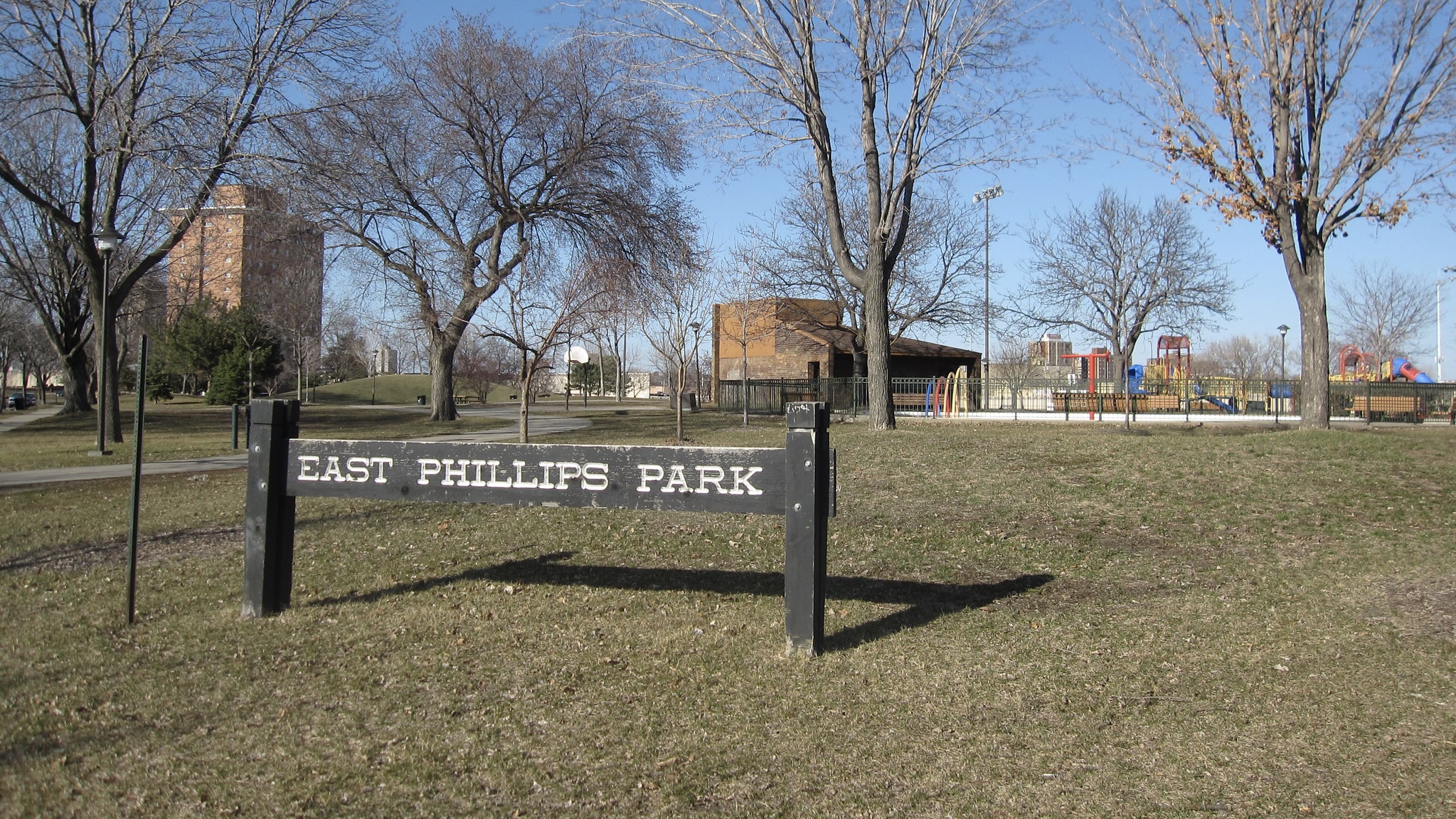In the East Phillips neighborhood of Minneapolis, residents live just down the street from an asphalt mixing plant and an iron foundry. And for decades, they struggled with arsenic contamination from a former pesticide manufacturer.
Ortiz: “We know that historically, there has been certain communities that are bearing the brunt of pollution, leading to increased health, environmental and economic and social inequities.”
Carolina Ortiz is with Communities Organizing Latine Power and Action. The Minnesota-based nonprofit helped push the state to pass a cumulative impacts law, which will take effect in 2026.
Ortiz: “We were third in the nation to pass cumulative impacts. New York and New Jersey were first.”
The law requires that when issuing operating permits, the Minnesota Pollution Control Agency must consider more than the pollution directly emitted by a factory, power plant, or other facility.
If the facility is in what’s called an environmental justice area, the agency must also consider how the community has been affected by pollution over time.
Ortiz: “It adds regulatory protections to environmental justice areas.”
So Ortiz says the legislation is an important step toward preventing additional polluting businesses from setting up shop in long-burdened areas.
Reporting credit: Sarah Kennedy / ChavoBart Digital Media
We help millions of people understand climate change and what to do about it. Help us reach even more people like you.
Source link


